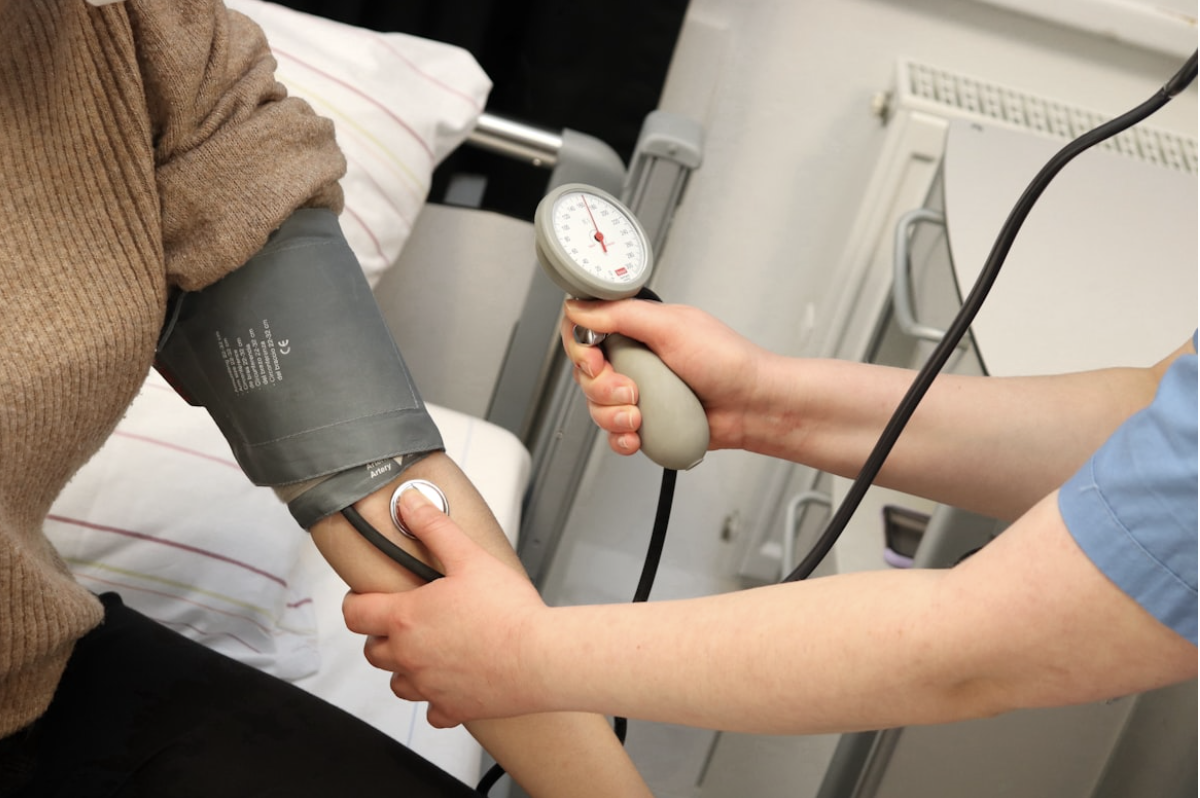How Allied Health Assistants Support Patients Through Daily Recovery

Recovery is rarely a single moment; it’s a process that unfolds day by day. Whether patients are rehabilitating from surgery, managing chronic conditions, or working toward greater independence, consistent support is key to achieving meaningful progress.
Allied health assistants play a critical role in this journey, working alongside therapists and other healthcare professionals to ensure patients receive the care, guidance, and encouragement they need. Their work bridges the gap between clinical treatment and everyday life, helping patients apply therapeutic strategies in practical, real-world contexts.
Bridging Clinical Care and Everyday Life
Allied health assistants provide hands-on support that reinforces treatment plans developed by qualified therapists. Their responsibilities vary widely depending on the patient’s condition and the type of therapy involved, but they often include assisting with physical exercises, helping patients practice mobility techniques, and monitoring progress.
By offering consistent daily interaction, they help patients stay engaged and motivated between formal therapy sessions. This role is important for assistants in NDIS support, where individualized care plans are designed to promote independence and improve quality of life. Allied health assistants work closely with patients to implement exercises and strategies prescribed by physiotherapists, occupational therapists, or speech pathologists.
Their involvement ensures that therapeutic activities continue beyond clinic visits, maximizing the benefits of professional interventions and supporting long-term recovery goals.
Promoting Physical Rehabilitation and Strength
For many patients, physical recovery involves relearning movements, building strength, and improving endurance. Allied health assistants support these efforts by guiding patients through prescribed exercise routines, ensuring correct technique, and providing encouragement. Their presence helps patients gain confidence in their abilities while reducing the risk of injury from improper form.
They may assist patients with mobility aids, help them practice balance exercises, or accompany them during supervised walks. This consistent, practical engagement accelerates physical rehabilitation by making therapeutic activities part of daily life rather than isolated sessions. These efforts contribute to improved mobility, reduced pain, and greater independence.
Supporting Functional Independence
Recovery isn’t just about physical strength, it’s about regaining the ability to perform everyday tasks. Allied health assistants help patients develop functional skills that are crucial for independent living. This might include practicing dressing, grooming, meal preparation, or using assistive devices effectively. They provide guidance and reassurance, creating a supportive environment where patients can practice these skills safely.
By focusing on functional independence, assistants help patients build routines that enhance confidence and autonomy. Their work is valuable for individuals transitioning from hospital care to home settings, where daily activities may present new challenges. Consistent support during this phase helps patients adapt smoothly and maintain progress toward their recovery goals.
Encouraging Emotional Wellbeing and Motivation
Recovery can be emotionally demanding. Patients often face frustration, fatigue, or setbacks that can affect motivation. Allied health assistants play an important role in supporting emotional well-being by offering encouragement, empathy, and a steady presence throughout the recovery journey. Their consistent interactions help build trust, making patients feel more comfortable expressing their concerns and challenges.
This emotional support complements clinical interventions by fostering a positive mindset. Patients who feel supported are more likely to stay engaged with their recovery plans and maintain regular participation in therapeutic activities. Even small achievements are celebrated, reinforcing a sense of progress and boosting morale during difficult moments.
Enhancing Communication and Coordination Between Teams
Effective recovery often involves multiple healthcare professionals working together. Allied health assistants serve as important links between therapists, patients, and families. They observe patient progress during daily activities and relay this information to the broader healthcare team. This communication ensures that treatment plans remain aligned with the patient’s evolving needs.
Assistants may provide feedback on how patients respond to specific exercises or tasks outside formal therapy sessions. This insight helps therapists adjust programs for better outcomes. By facilitating smooth coordination among team members, allied health assistants help create cohesive, responsive care environments that support patients more effectively.
Adapting to Diverse Patient Needs
Every patient’s recovery journey is unique. Allied health assistants must adapt their approach to suit different abilities, cultural backgrounds, and personal preferences. This flexibility allows them to provide individualized support that respects each patient’s goals and circumstances. For example, they may modify exercises for someone with limited mobility, adjust communication methods for patients with speech difficulties, or tailor activities to align with cultural practices.
Their ability to adapt extends to working across various healthcare settings, including hospitals, rehabilitation centers, aged care facilities, and home environments. Regardless of the setting, their primary focus remains on supporting patients consistently and compassionately, ensuring that recovery efforts are sustained and meaningful.
Allied health assistants play a vital role in supporting patients through daily recovery. By bridging clinical care with everyday life, promoting physical rehabilitation, fostering independence, supporting emotional well-being, enhancing team communication, and adapting to diverse needs, they make a tangible difference in patient outcomes.
Their work ensures that recovery isn’t limited to therapy sessions, it becomes an integrated part of daily living. Through their dedication and hands-on support, patients gain the confidence and skills needed to progress toward greater independence and improved quality of life.






